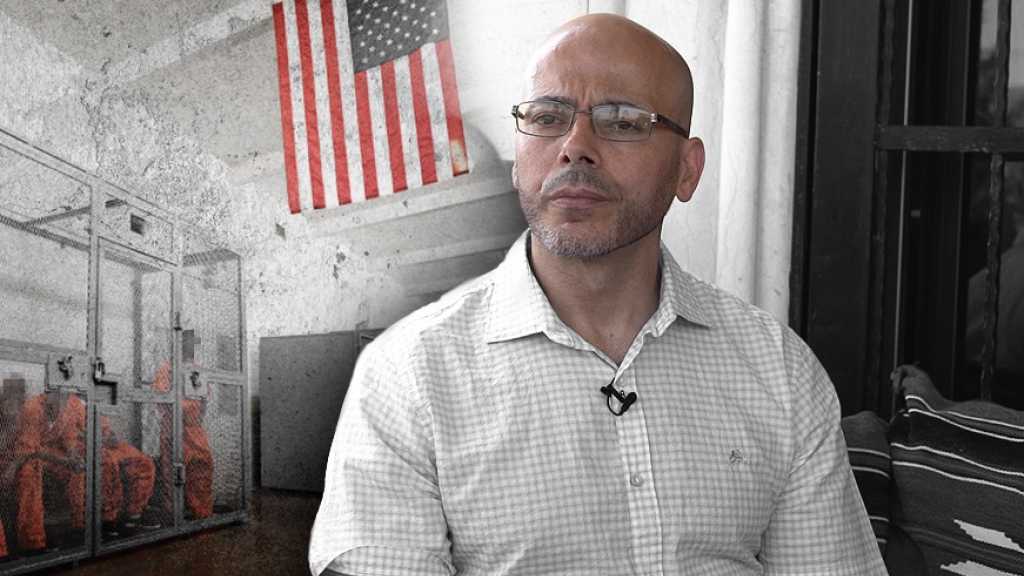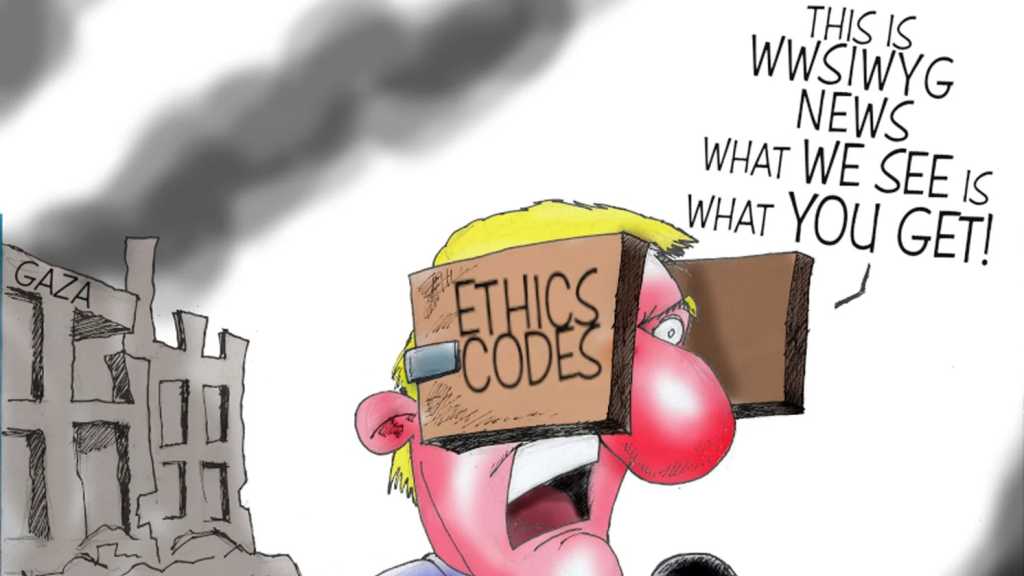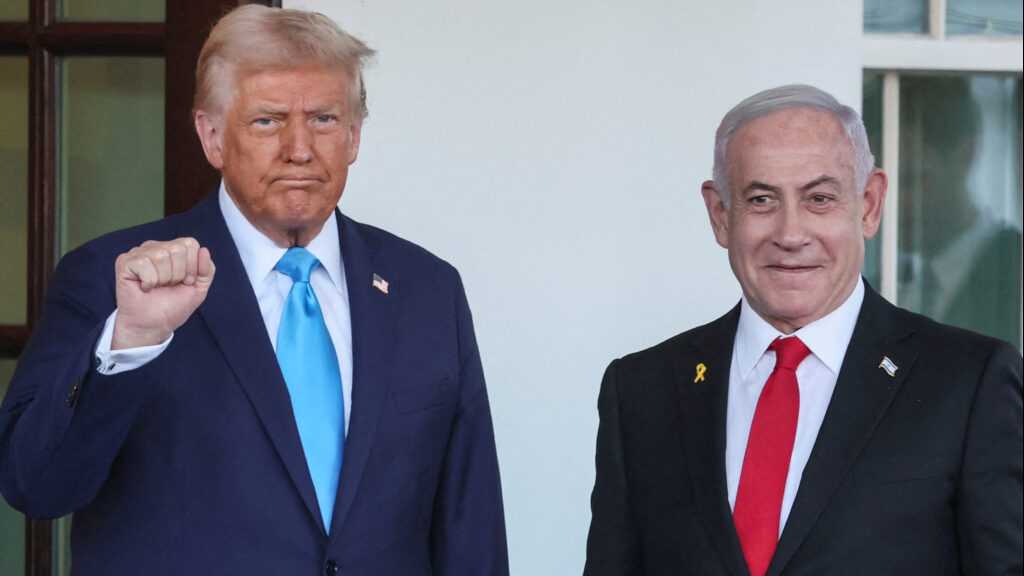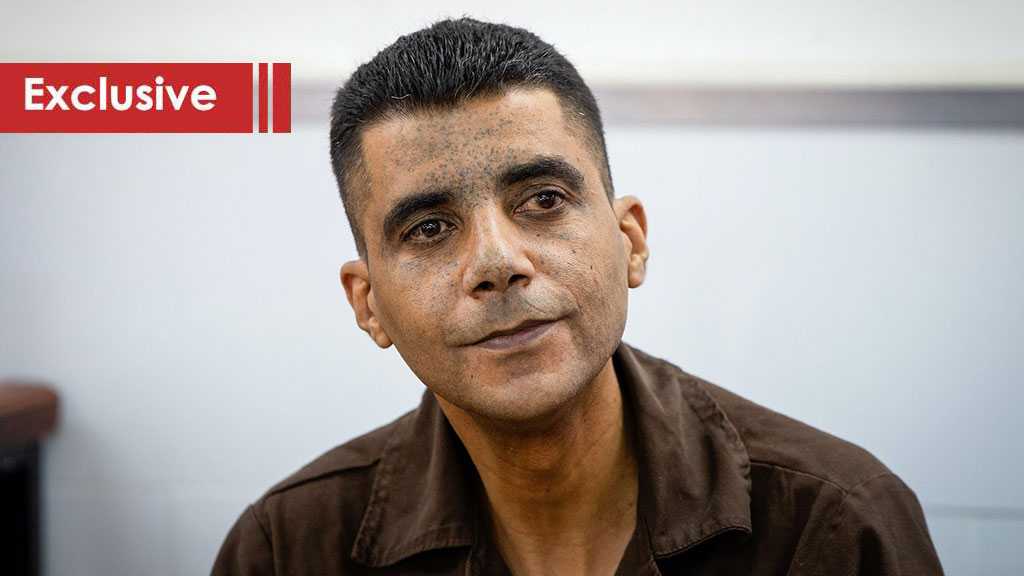Justice or Just Us in America? A Personal Account of Systemic Failures

By Mohamad Hammoud
The justice system in the United States is often portrayed as a beacon of fairness, equality, and integrity. It is guided by the Constitution's promises of the presumption of innocence and the right to an attorney. But my experience tore away this facade, exposing a chilling reality that stands in stark opposition to these lofty ideals. The words enshrined in the Constitution are, in truth, often nothing more than hollow illusions—especially for those who lack the wealth to challenge the system’s overwhelming power.
My case is not an exception—it is a damning testament to how effortlessly the justice system can be weaponized, twisted, and corrupted. When the scales of justice are tipped by prejudice, ambition, and power, the very foundation of fairness crumbles, leaving behind a machine designed not to seek truth but to destroy those unfortunates enough to be caught in its path.
The Media and the Presumption of Innocence
Before I even stepped foot in court, I had already been convicted in the court of public opinion, and my right to the presumption of innocence—a cornerstone of justice—was obliterated. From the day of my arrest, the prosecutor weaponized the media, flooding it with false and inflammatory information about my case. He even invoked the atrocities that plagued my home country during the 1980s—a time when I was just a child. Without evidence, he accused Hezbollah of orchestrating these acts and branded me a "dangerous terrorist," claiming I was leading a Hezbollah cell on their behalf. These baseless allegations were not only false but were clearly calculated to prejudice public opinion and poison any potential jury pool.
After years of exhaustive investigation, the prosecution failed to produce even a shred of credible evidence linking me to Hezbollah. Yet, instead of admitting the truth and dropping the charges, the prosecutor—like so many others when faced with a weak case—resorted to desperate, unethical, and manipulative tactics to secure a conviction.
The Role of False Testimony
When faced with a case lacking evidence, the prosecutor turned to a tactic often used in such situations: striking a deal with a dubious witness. In exchange for a reduced sentence, the witness would assist the prosecution in building their case. In my case, that witness was Said Harb—a man described by the government’s own witnesses as a liar, an exaggerator, and someone who would do anything to serve his own interests. Harb, who was facing decades in prison for his own crimes, agreed to testify that I had sent money with him to Hezbollah. In return, the government reduced his sentence to time served and facilitated the relocation of twelve members of his family from Lebanon to the United States.
Aware of Harb’s glaring lack of credibility, the prosecutor carefully crafted the case to shift the jury’s attention away from Harb’s character and toward the post-9/11 atmosphere of heightened patriotism, fear, and anger. Therefore, despite Harb’s fabricated testimony and his obvious unreliability, the jury found me guilty. Even Judge Gregory of the Fourth Circuit Court of Appeals later acknowledged Harb’s unreliability, but by then, the damage had already been done.
Fear and Intimidation in the Courtroom
The atmosphere surrounding my trial was theatrical and designed to instill fear in the jury. Post-9/11 tensions were at their peak, and the prosecutor capitalized on this climate of fear to portray me as a grave threat to national security. The security measures around the court were excessive, resembling a battlefield: federal agents with automatic rifles were stationed on rooftops and in the streets, roads were blocked, and metal detectors were added to the courthouse. My transportation to and from the court was conducted in a motorcade more fitting for a president than a defendant. The jury itself was transported from a secret location and referred to by numbers instead of names.
These measures were not about safety—they were about creating the illusion of danger to sway the jury into believing they were prosecuting a dangerous terrorist. After all, who would believe the government would spend millions of dollars on security for an innocent man?
Inequality of Representation
The prosecution came armed with a team of seasoned attorneys, each with decades of trial experience. In stark contrast, I was represented by a newly graduated attorney who had never tried a case before. My trial was the first under the material support law—a complex and untested statute that demanded an experienced attorney to challenge its constitutionality. Instead, I was left with counsel unprepared for the magnitude of the case. This stark imbalance in resources and expertise highlights the systemic inequality in the justice system: those with money secure competent representation, while those without are left defenseless.
Prosecutorial Misconduct
As if the odds weren’t already stacked against me, the prosecutor engaged in blatant misconduct during the trial. In his closing arguments, he lied, misquoted witnesses, and manipulated the jury’s emotions. Invoking themes of patriotism and fear, he urged the jury to convict me—not based on evidence, but to avoid "disappointing" the FBI, even implying my conviction would prevent another September 11. These unethical and illegal tactics were shamelessly employed to secure a conviction. Prosecutors, meant to uphold justice, often prioritize their careers over fairness—a truth painfully evident in my case. Nearing retirement, the prosecutor seemed intent on ending his career with a high-profile conviction, regardless of the cost to truth.
The Trial Penalty
The American justice system is notorious for its "trial penalty," which punishes defendants who exercise their constitutional right to a trial. Roughly 97% of federal cases end in plea deals—not because all defendants are guilty, but because they fear the much harsher sentences imposed after trial. For example, my former American wife pled guilty to being a member of Hezbollah—not because she was guilty (she didn’t even know what Hezbollah was), but to avoid a longer prison sentence. I was offered a sentence of 7 to 15 years if I pled guilty. Refusing to admit to something I didn’t commit, I chose to fight for my innocence and was sentenced to 155 years—a punishment later reduced to 23 years.
The trial penalty coerces defendants into plea deals, stripping them of their right to a fair trial and perpetuating a system that prioritizes convictions over justice.
A Broken System
My experience with the US justice system exposed its deep flaws. It favors the wealthy and powerful, leaving the rest to face an opponent with virtually unlimited resources. Prosecutors are judged by their conviction rates and the length of sentences they secure, yet they face little to no consequences for misconduct—even when caught lying or misrepresenting evidence, as happened in my case. Until prosecutors are held accountable and equitable representation is ensured, the system will continue to fail those it is meant to serve. Justice in the United States is not blind; it is heavily skewed in favor of those with resources. My case is just one example of how the ideals of justice promised by the Constitution are so easily subverted in practice.
Comments



